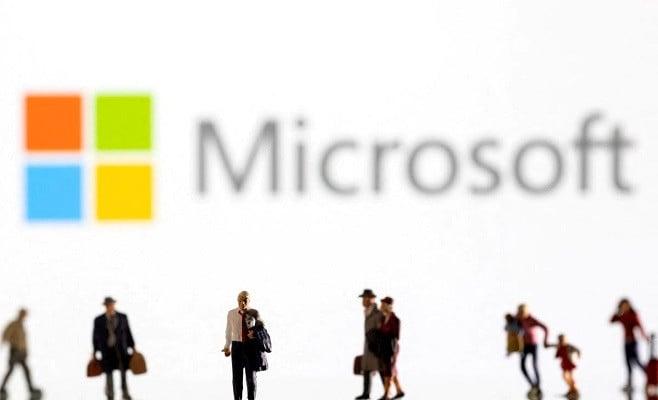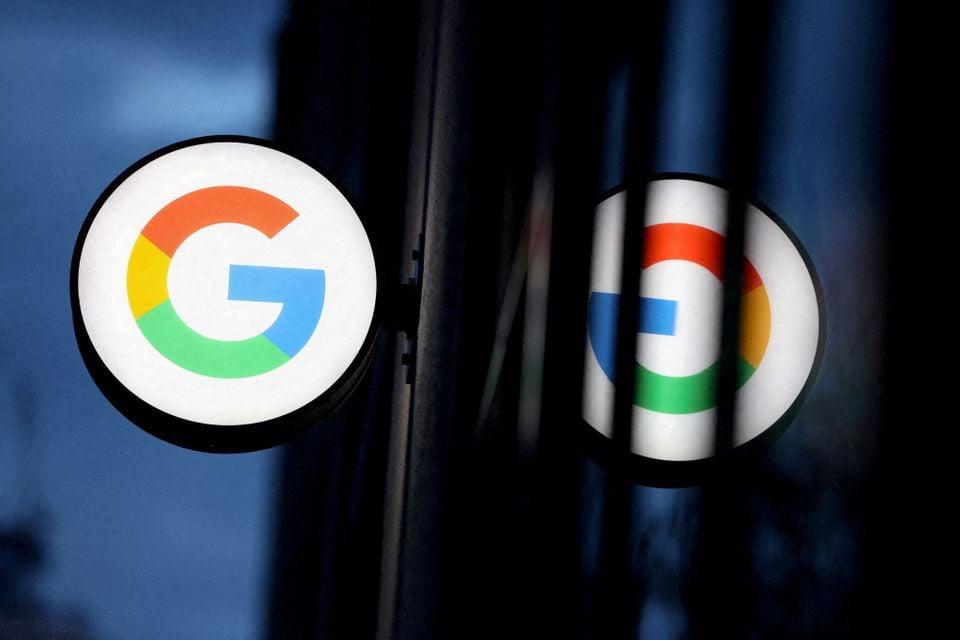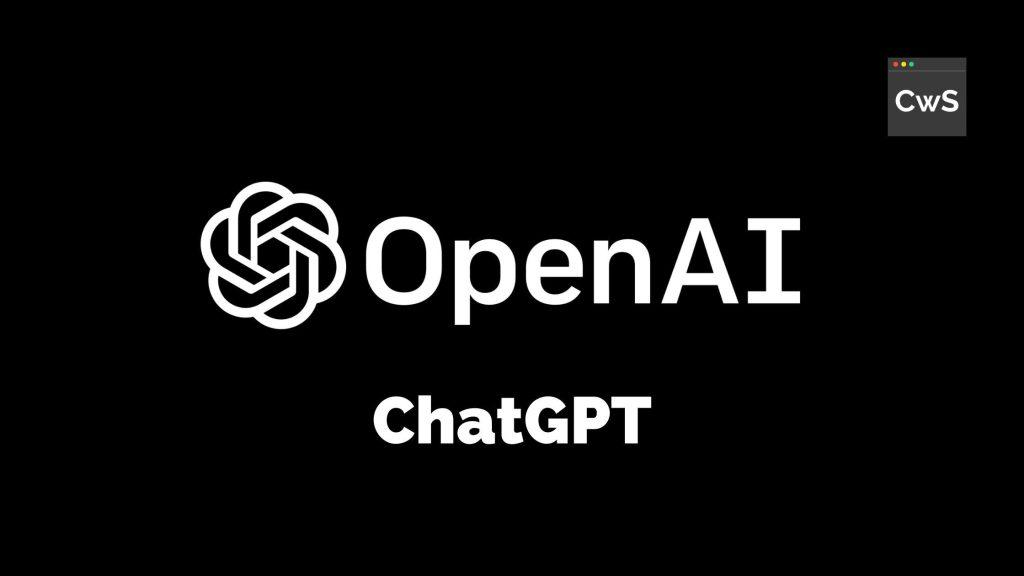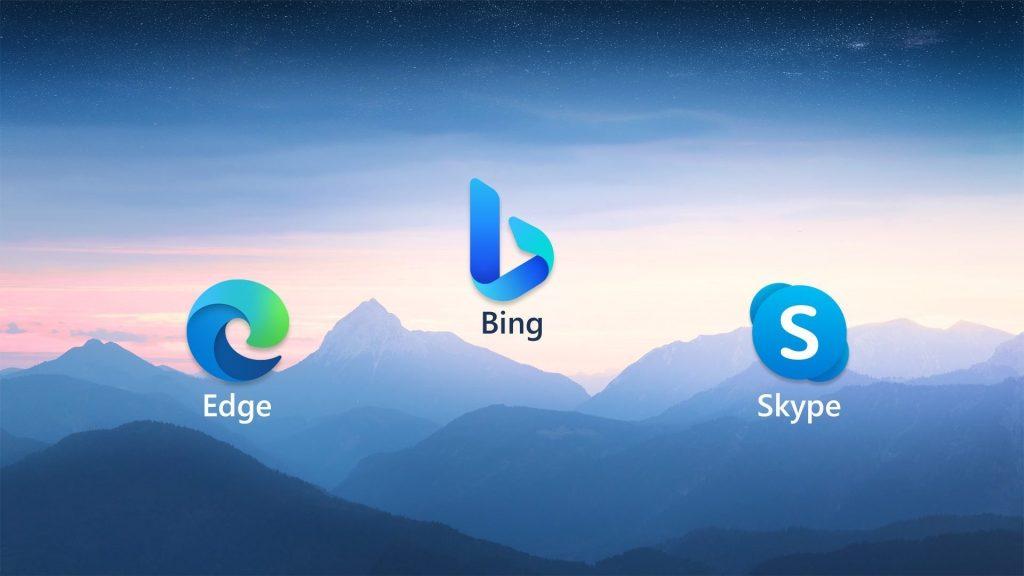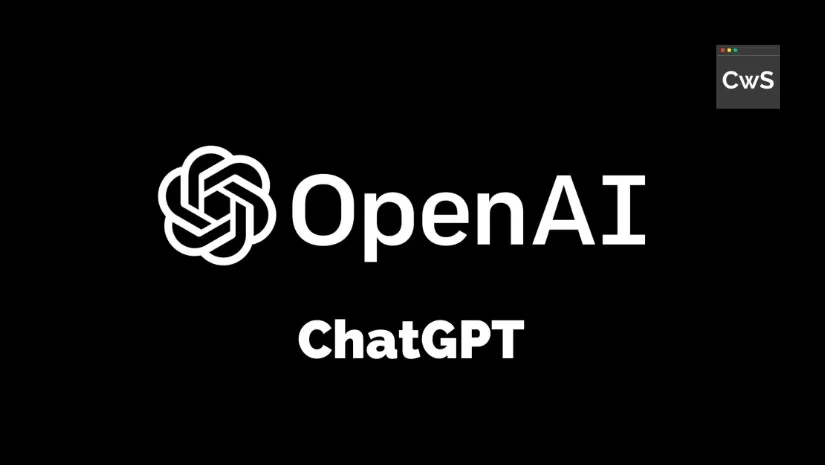
A local Australian city hall leader said he might sue OpenAI if it doesn’t right ChatGPT’s bogus cases that he had spent time in jail in jail for pay off, in what might be the main slander claim against the computerized text administration.
Brian Hood, who was chosen city chairman of Hepburn Shire, 120km (75 miles) northwest of Melbourne, last November, became worried about his standing when individuals from the public let him know ChatGPT had erroneously named him as a liable party in an unfamiliar pay off outrage including an auxiliary of the Save Bank of Australia in the mid-2000s.
Hood took care of business for the auxiliary, Note Printing Australia, however, was the individual who informed specialists about the installment of pay-offs to unfamiliar authorities to win money printing contracts, and was never accused of wrongdoing, legal counselors addressing him said.
The legal counselors said they sent a letter of worry to ChatGPT proprietor OpenAI on Walk 21, which allowed OpenAI 28 days to fix the mistakes about their client or face a potential slander claim.
OpenAI, which is situated in San Francisco, had not yet answered Hood’s legitimate letter, the attorneys said. OpenAI didn’t answer a Reuters email bankrupt hours.
If Hood sues, it would probably be whenever an individual first has sued the proprietor of ChatGPT for claims made by the robotized language item which has ended up being ridiculously well-known since its send-off a year ago. Microsoft Corp coordinated ChatGPT into its web crawler Bing in February.
A Microsoft representative was not promptly accessible for input.
“It would possibly be a milestone second as in it’s applying this maligning regulation to another area of man-made brainpower and distribution in the IT space,” James Naughton, an accomplice at Hood’s law firm Gordon Legitimate, told Reuters.
“He’s a chosen official, his standing is integral to his job,” Naughton said. Hood depended on an openly available report focusing light on corporate wrongdoing, “so it has an effect on him on the off chance that individuals locally are getting to this material”.
Australian slander harms payouts are for the most part covered by around A$400,000 ($269,360). Hood didn’t have a clue about the specific number of individuals who had gotten to the misleading data about him – a determinant of the payout size – yet the idea of the slanderous assertions was serious enough that he might guarantee more than A$200,000, Naughton said.
If Hood records a claim, it would blame ChatGPT for providing clients with a misguided feeling of exactness by neglecting to incorporate commentaries, Naughton said.
“It’s extremely challenging for someone to look behind that to say ‘how does the calculation concoct that response?'” said Naughton. “It’s obscure.”

